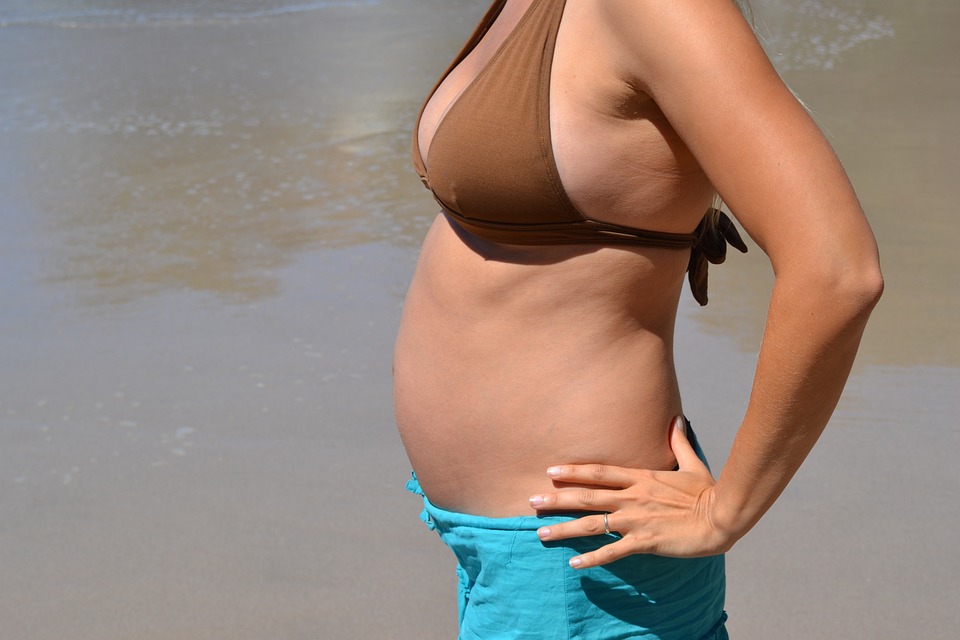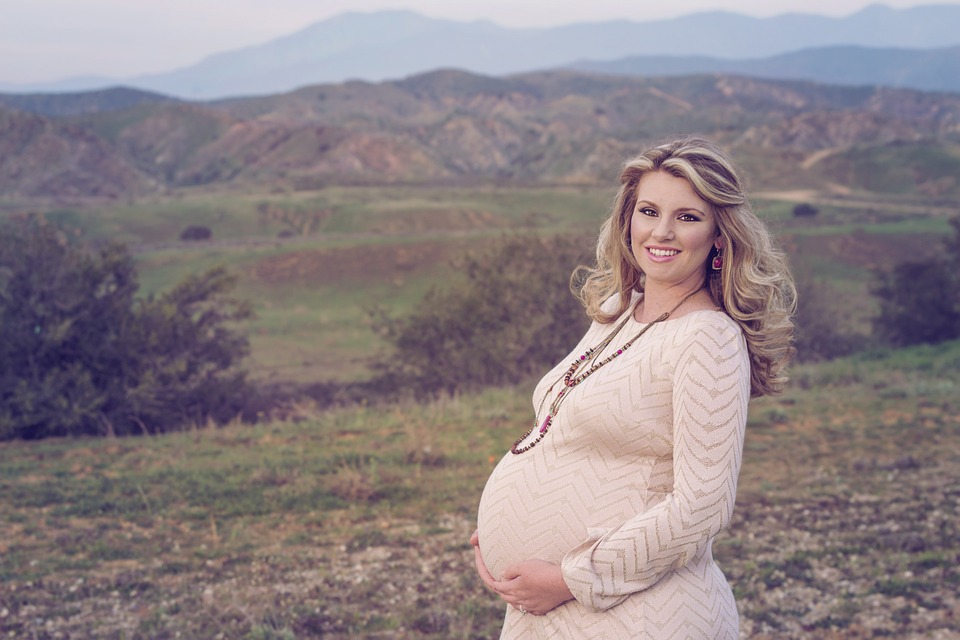
Nutrition is a critical aspect of pregnancy, as the nutrients consumed by an expectant mother play a crucial role in the healthy development of the baby. Ensuring that the mother consumes a balanced and nutritious diet is essential to support the growth and development of the fetus, as well as to maintain the mother’s health and well-being throughout pregnancy. In this article, we will explore the essential nutrients that expectant mothers need to include in their diet to support a healthy pregnancy and ensure the best possible outcomes for both mother and baby.
1. Folic Acid
Folic acid is a crucial nutrient for expectant mothers, as it plays a vital role in preventing neural tube defects in the developing fetus. Neural tube defects are serious birth defects that occur when the neural tube, which forms the baby’s brain and spinal cord, does not close properly. To prevent neural tube defects, it is recommended that expectant mothers consume 400 micrograms of folic acid per day. Good food sources of folic acid include leafy green vegetables, citrus fruits, beans, and fortified grains.
2. Iron
Iron is another essential nutrient for expectant mothers, as it is needed to support the increased blood volume and circulation that occurs during pregnancy. Iron is also vital for the development of the baby’s blood cells and helps prevent anemia in both the mother and baby. Expectant mothers should aim to consume at least 27 milligrams of iron per day. Good food sources of iron include lean meats, poultry, fish, beans, and fortified cereals.
3. Calcium
Calcium is essential for the development of the baby’s bones and teeth, as well as for the maintenance of the mother’s own bone health. Expectant mothers should aim to consume at least 1000 milligrams of calcium per day. Good food sources of calcium include dairy products such as milk, yogurt, and cheese, as well as leafy green vegetables, almonds, and fortified tofu.
4. Vitamin D
Vitamin D is important for the absorption of calcium and the development of the baby’s bones and teeth. Expectant mothers should aim to consume at least 600 IU of vitamin D per day. Good food sources of vitamin D include fortified dairy products, fatty fish such as salmon and mackerel, and eggs. Additionally, spending time in the sun can help the body produce vitamin D naturally.
5. Omega-3 Fatty Acids
Omega-3 fatty acids are important for the development of the baby’s brain and eyes. Expectant mothers should aim to consume at least 200-300 milligrams of DHA (a type of omega-3 fatty acid) per day. Good food sources of omega-3 fatty acids include fatty fish such as salmon, mackerel, and sardines, as well as walnuts, flaxseeds, and chia seeds.
6. Protein
Protein is essential for the growth and development of the baby, as well as for the maintenance of the mother’s own muscle and tissue. Expectant mothers should aim to consume at least 71 grams of protein per day. Good food sources of protein include lean meats, poultry, fish, beans, legumes, and dairy products.
7. Fiber
Fiber is important for maintaining regular bowel movements and preventing constipation, which is common during pregnancy. Expectant mothers should aim to consume at least 25 grams of fiber per day. Good food sources of fiber include fruits, vegetables, whole grains, beans, and legumes.
8. Water
Staying hydrated is essential during pregnancy, as water helps support the increased blood volume and circulation that occurs during pregnancy. Expectant mothers should aim to drink at least 8-10 glasses of water per day, and more if they are exercising or in hot weather.
It is important for expectant mothers to consult with their healthcare provider or a registered dietitian to determine their individual nutrient needs during pregnancy. In some cases, a prenatal vitamin supplement may be recommended to ensure that all essential nutrients are being met. Additionally, expectant mothers should aim to consume a varied and balanced diet that includes a wide variety of fruits, vegetables, whole grains, lean proteins, and dairy products.
In conclusion, nutrition is a crucial aspect of pregnancy, as the nutrients consumed by an expectant mother play a vital role in the healthy development of the baby. Ensuring that expectant mothers consume a balanced and nutritious diet that includes essential nutrients such as folic acid, iron, calcium, vitamin D, omega-3 fatty acids, protein, fiber, and water is essential to support a healthy pregnancy and ensure the best possible outcomes for both mother and baby. By taking care to meet their individual nutrient needs and consulting with healthcare providers as needed, expectant mothers can support their own health and the optimal development of their babies throughout pregnancy.








